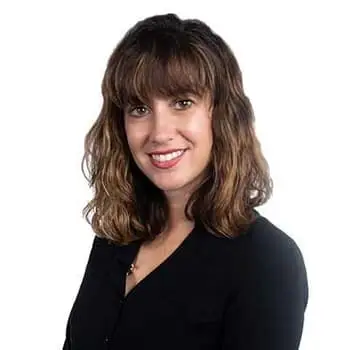
This year was a difficult one for many Americans. The ongoing COVID-19 pandemic has caused financial struggles and mental health concerns for millions — issues that will likely continue far beyond the end of the year.
However, unemployment and feelings of stress, uncertainty and fear have done more than just damage mental health. They’ve also led to rising rates of substance use and overdose in Colorado and throughout the country.
A Rise in Overdoses Linked to Pandemic-Related Stress
Drug overdose deaths in Colorado have nearly doubled when compared to previous years. In May 2020, there were 130 overdose deaths; in May 2019, there were 73. Experts say increased substance use and mental health issues are commonly caused by stress during difficult events, including pandemics.
Drug overdose can be fatal. If you suspect someone is experiencing an overdose, call 911 immediately. Do NOT be afraid to seek help. If you do not have access to a phone contact Colorado Poison Center for online assistance.
This Season, Give Yourself the Gift of a Fresh Start.
Whether you are struggling with addiction, mental health or both, our expert team is here to guide you every step of the way. Don’t wait— reach out today to take the first step toward taking control of your life.
This trend seems to be common throughout the country. ODMAP, a project that tracks overdoses in the U.S., found that 62% of counties had rising overdose rates. Compared to 2019, the Associated Press also found that overdose deaths increased by 19% through July in Connecticut. In August, year-over-year increases in overdose deaths were 9% in Washington, 28% in Colorado and 30% in Kentucky.
The Pandemic Impacts Mental Health and Substance Use
The ongoing pandemic has affected mental health and substance use in a variety of ways. Primarily, people are turning to substances as a way to cope with mental health conditions like depression, anxiety and stress. Additionally, people in recovery are relapsing due to isolation, as social distancing measures have meant shutting down in-person recovery meetings and similar support systems. The pandemic also created widespread unemployment, which is a risk factor for substance abuse.
The Recovery Village conducted a survey that found many people are experiencing increased stress, anxiety, depression and substance use during the pandemic. Of the mental health professionals who were surveyed:
- 81% reported increased mental health symptoms in clients
- 95% reported increased anxiety in clients, 85% reported increased depression and 82% reported increased stress
- 53% reported increased substance use in clients
- Of those who reported increased substance use in clients, 90% reported an increase in alcohol use, 55% in marijuana, 27% in opioids like fentanyl and heroin, and 26% in benzodiazepines
While reducing the spread of COVID-19 is a top priority, it’s equally important to address rising mental health concerns and substance use throughout the United States.
How to De-Stress, Substance-Free
Though substances may seem to help relieve stress in the short-term, using drugs or alcohol as a coping mechanism can quickly lead to dependence and addiction. Fortunately, there are many fun and healthy ways you can relieve stress without turning to substances, even during the pandemic. Some good places to start may include:
- Exploring a creative hobby, such as playing an instrument, making art, dancing or writing
- Learning how to cook new recipes or trying new foods
- Playing video games or watching your favorite shows
- Spending time with family, friends and pets
- Journaling your thoughts, feelings and ideas
- Creating a blog or video diary of your recovery experience
- Working out through yoga, weight lifting, jogging, swimming or any other form of exercise
- Reflecting on why you started your recovery journey in the first place
- Focusing on self-care strategies
How to Seek Treatment and Support
The pandemic’s silver lining is that treatment and recovery resources have become far more accessible for people struggling with substance use or mental health symptoms. Many health care organizations have successfully transitioned to telehealth services, meaning people can receive life-saving care from the comfort of their own homes.
The Recovery Village at Palmer Lake provides teletherapy services to treat clients with substance use or mental health concerns. Our licensed therapists and counselors can help you avoid relapse and learn new ways to cope. They can even prescribe medication-assisted treatment to promote long-term recovery. We also offer a virtual space for free, confidential group meetings, allowing you to maintain ongoing recovery support while social distancing.
Recovery is possible, even during a pandemic. When stress and uncertainty are leading many to substance use, it’s more important than ever to find effective and easily accessible treatment. If you or someone you love is struggling with substance use or a co-occurring mental health disorder, The Recovery Village at Palmer Lake is here to help. Contact us today to learn more about treatment programs and plans that can work well with your situation.









